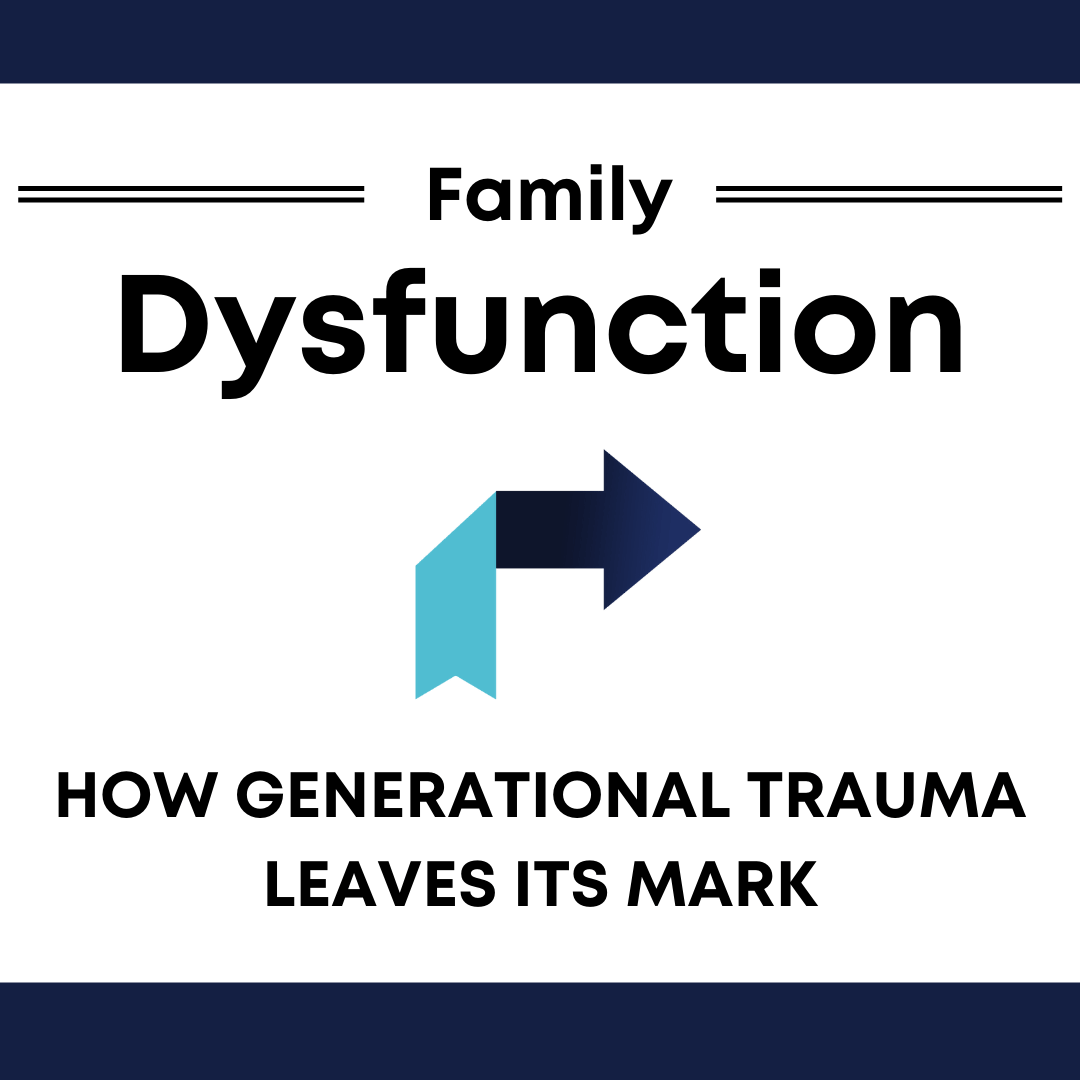If Mama’s not happy then nobody’s happy: Preparing for pregnancy with a mental health diagnosis
/by Lisa Everhart, DNP, APRN, PMHNP
Hey, babies happen! Having a mental illness doesn’t mean pregnancy should not or will not happen for you. And having a pregnancy doesn’t mean sacrificing your mental wellbeing for baby’s wellbeing. Untreated mental illness increases risk for multiple maternal and newborn problems, so your mental wellness matters now more than ever (Hardy & Reichenbacker, 2019).
What can you do to promote smooth sailing through pregnancy, delivery, and beyond? Consider the
checklist below:
Start taking a daily folic acid supplement now.
This is the single most important step you can take to prepare for a healthy pregnancy. Folic acid is essential for closure of the neural tube that will develop into the brain and spinal cord and eventually the baby’s entire nervous system. It is complete before most women know they are pregnant. The recommended pre-pregnancy folic acid dose of 400 micrograms (mcg) a day can be taken as a single supplement or as part of a multivitamin. Already pregnant? Bump your dose to 600 to 800 micrograms (mcg) a day. Any prenatal vitamin will cover this dose. Your OB/GYN, fertility, or mental health provider may recommend a higher dose in certain cases, but if you are unsure, start with the typically recommended dose.
Plan if you can.
With any existing health condition, a planned pregnancy allows time to optimize health and manage risk for pregnancy complications. There are a range of contraceptive options that are effective, and reversible when the timing is right. If you are not planning a pregnancy in the near future, start your folic acid supplement anyway and see your primary care or OB/GYN provider to discuss contraception.
Check in with your mental health provider.
Mental health symptoms tend to wax and wane with hormonal, physical, and life role shifts during pregnancy and postpartum periods. Fertility treatments will affect symptoms too. You and your mental health provider will want to review your medications to ensure they are optimized and safe to continue with pregnancy and breastfeeding. For the at-home health researcher, there are reliable summaries of fertility/pregnancy/breastfeeding risks for specific medications and conditions at https://mothertobaby.org/fact-sheets/
Check in with your primary health provider or OB/GYN.
Untreated conditions like high blood pressure, diabetes, and autoimmune disorders can lead to serious complications for moms and babies. Your primary care or OB/GYN provider can offer screening, interventions, and non-psychiatric medication adjustments to promote your best state of health for pregnancy and birth.
Discuss substance use habits with your providers.
Whether prescribed, over the counter, natural, legalized, or otherwise, all substances carry a level of risk for unwanted effects. An open discussion about all substance use will help us create your safest plan for pregnancy. Your providers will collaborate with you to determine your readiness for help with cutting back or quitting potentially harmful substances and prepare for specific interventions if complications arise.
Check in with your therapist.
We all have skeletons in our closets and pregnancy, birth, and parenting have sneaky habits of inviting them out. Studies show that Adverse Childhood Experiences (ACEs) increase risks for physical, mental, and substance use disorders in adults that can impact pregnancy outcomes (Felitti et. al., 2019). There are interventions that can help you address past trauma and bolster your resilience against the potential effects of ACEs. If you are interested in learning your ACEs score, take the quiz here! To learn more about steps you can take to support healing from a traumatic past check out “Healing from a Dysfunctional Childhood.”
Your therapist is the best person to help you sort through the good, bad, and ugly parts of your past and navigate the bumps on the road to becoming a parent. Our intake staff at Forward can help connect you with one of our excellent therapists who may be a match for your needs. Missed the planning stage? It happens to the best of us! Your primary care, OB/GYN, and mental health providers are here to help with that too. If you check in with an “I’m pregnant, now what?” appointment we are happy to work with you to optimize pregnancy/postpartum wellness from any starting point.
References
Felitti, V. J., Anda, R. F., Nordenberg, D., Williamson, D. F., Spitz, A. M. Edwards, V., ... Marks, J. S. (2019).
Reprint of: Relationship of childhood abuse and household dysfunction to many of the leading causes of death in adults: The adverse childhood experiences (ACE) study. American Journal of Preventive Medicine, 56 (6), 774-786. DOI: 10.1016/s0749-3797(98)00017-8 Hardy, L. T., & Reichenbacker, O. L. (2019). A practical guide to the use of psychotropic medications during pregnancy and lactation. Archives of psychiatric nursing 33 (3), 254–266. https://doi.org/10.1016/j.apnu.2019.04.001
















